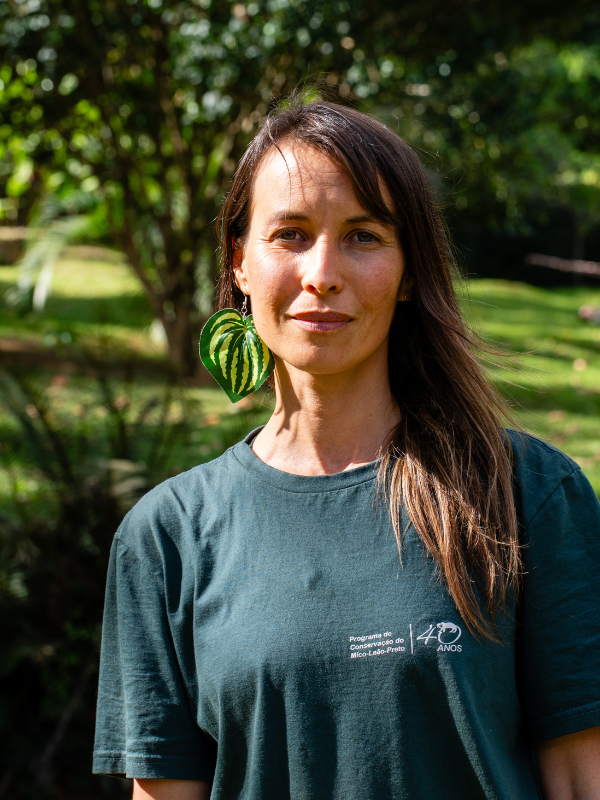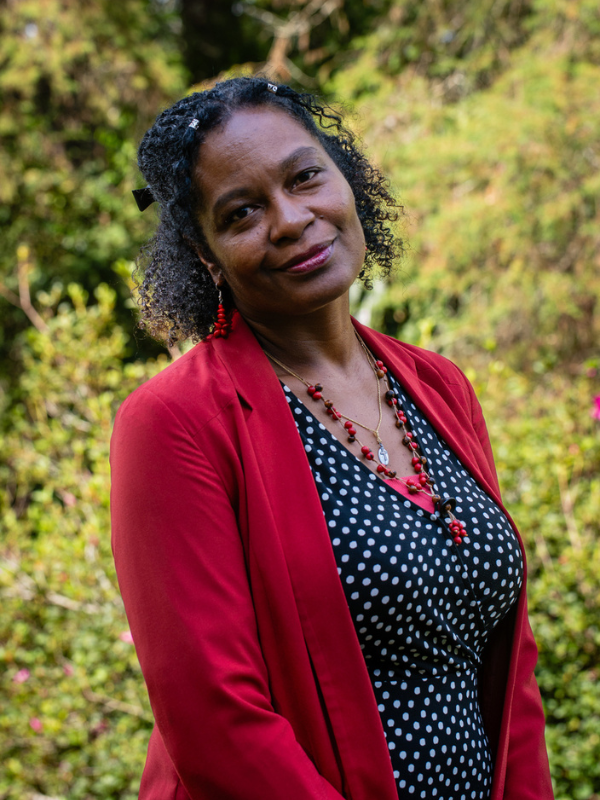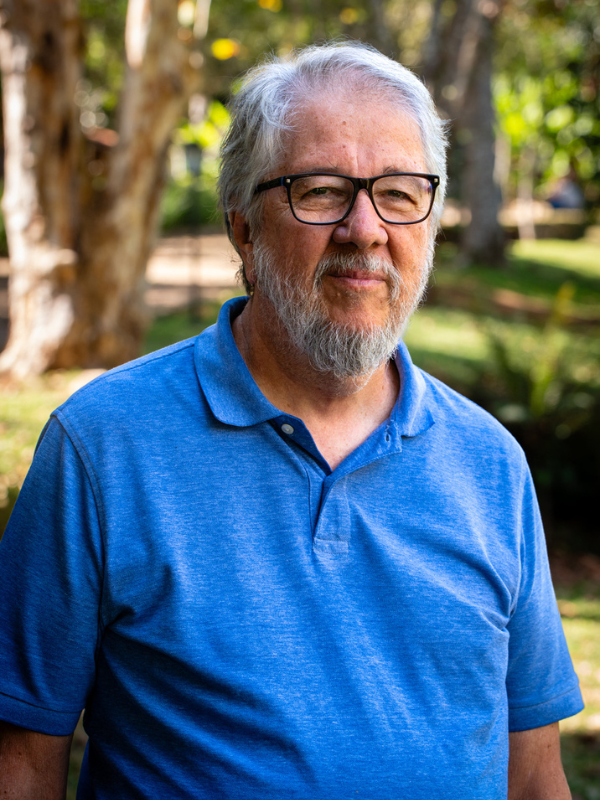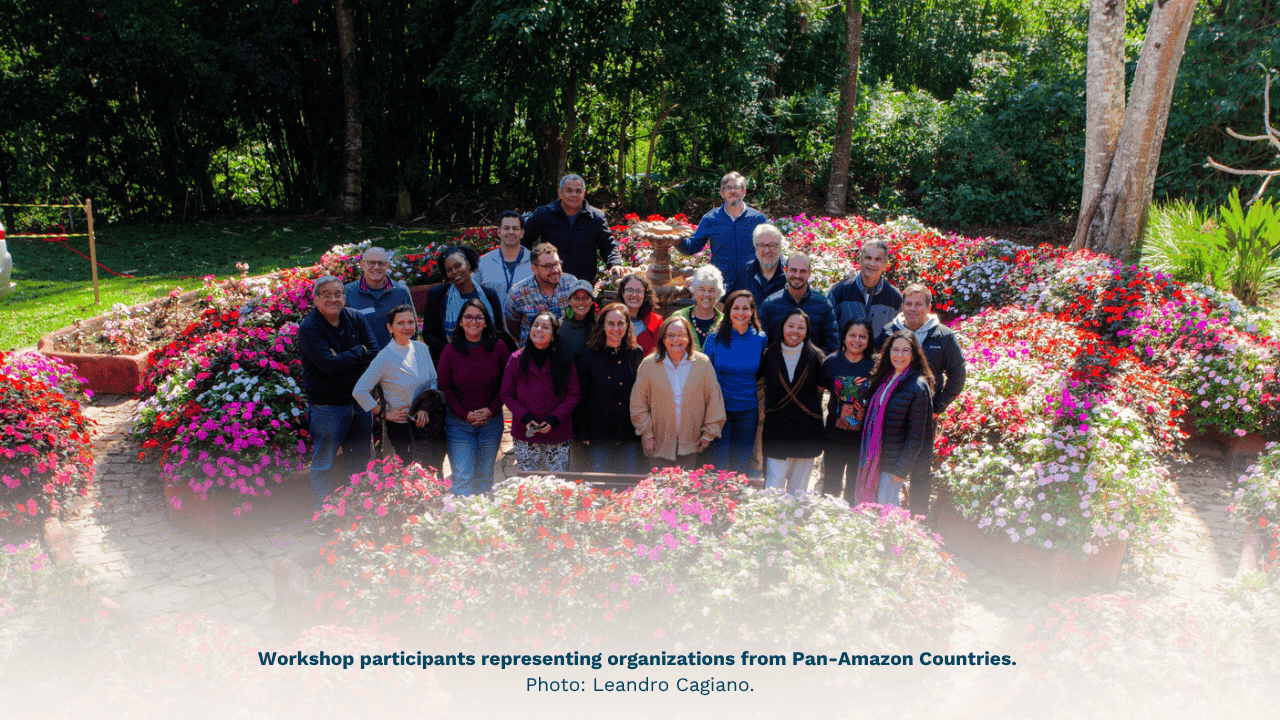From May 28 to 31, 2025, the School of Environmental Conservation and Sustainability (ESCAS) at the Ecological Research Institute (IPÊ), in Nazaré Paulista, Brazil, hosted the international workshop ‘Socio-Bioeconomies and Conservation Finance in the Amazon.’ The event marked the official launch of the project, The Power of Connections: Harvesting Lessons and Strengthening Coalitions for Amazonian Conservation, led by the Tropical Conservation and Development Program (TCD) at the University of Florida and supported by the Gordon and Betty Moore Foundation.
Over the course of four days, Indigenous leaders, researchers, representatives from grassroots organizations, NGOs, the private sector, and universities from Brazil, Colombia, Ecuador, Peru, Suriname, and the U.S. gathered to share experiences, strategies, and challenges from their respective territories and countries. The event aimed to foster cross-sector and cross-border alliances, build a shared Pan-Amazonian conservation agenda, and advance socio-bioeconomic solutions rooted in knowledge and the diversity of lived experiences.
Workshop participants and activities developed. Photo: Leandro Cagiano.
Karen Kainer, professor at the University of Florida and one of the project coordinators, highlighted the collective strength of the participants. “The collective breadth and depth of participant experiences was astounding, from long-term NGO leaders to entrepreneurial community leaders, to innovators in the private sector, and those engaged in the finance of market-oriented conservation initiatives. This was a diverse group of creative leaders from five Amazonian countries sharing their hard-won wisdom and demonstrating their unwavering commitment to catalyze enduring socio-bioeconomies.”
According to her, this workshop marks the beginning of a broader, long-term collaborative process led by TCD. “Leveraging deep field partnerships cultivated over decades by both the Moore Foundation and TCD, this first of several iterative gatherings launches a year-long process to strengthen networks, foster intergenerational exchange of lessons learned, and chart a strategic path forward for Amazonia.”

For many participants, the workshop represented a turning point in building lasting cross-cultural networks. Floriana Breyer, a graduate of ESCAS/IPÊ and founding director of BiodiversasLab, emphasized the importance of investing in connections as a driver of transformation. “I’m filled with high expectations. It became very clear to me that we are strengthening the formation of a Latin American, Pan-Amazonian network that will allow us to continue exchanging experiences. Cultural exchange and innovation rooted in knowledge are key to unlocking deeper, more effective transformations and overcoming the challenges of socio-bioeconomies and many others. With knowledge, we go far,” she said.
This sense of lasting connection was also echoed by Mayra Esseboom, a researcher at the Centre for Agricultural Research in Suriname and a member of the Fulbright Amazonia program. With over 20 years of experience in agricultural and forest development, Mayra is currently researching the socio-bioeconomy of the açaí sector through a partnership with the University of Brasília, local NGOs, and organizations representing Indigenous and Maroon communities.
“The connections we make here are far much greater than us. Because you go home, and you know somebody from Brazil—or now me, from Suriname—and maybe you have someone with the same questions about Suriname. You can say, ‘I know somebody from Suriname, you can contact her.’ Connections are so much wider, broader than we’re all thinking. They give us possibilities for greater things. And I suppose greater things will be happening,” she said.


The concept of socio-bioeconomies was at the heart of the discussion. Cláudio Pádua, co-founder of IPÊ, ESCAS dean, and one of the workshop’s thematic coordinators, stressed the importance of supporting community-based economies that sustain the forest. “We want to encourage the creation of a new economy within local communities, so that people can earn income honestly and sustainably without destroying biodiversity,” he said. “Our mission is to create knowledge and practical actions that improve the quality of life of Amazonian populations and guarantee conservation.”
Suzana Pádua, president and co-founder of IPÊ, emphasized that the value of the event lay in the participants’ willingness to go beyond success stories. “It was an inspiring gathering. People were willing not only to share their victories but also to speak honestly about the challenges and lessons they’ve learned along the way,” she said.
This was the first of several planned meetings that will deepen collaborations and help set shared priorities among Amazonian leaders. The year-long process will culminate in the UF Amazon Summit, scheduled to take place in 2026 at the University of Florida. More than a workshop, The Power of Connections established itself as a living space for listening, collaboration, and hope, where bridges were built not only between countries, but also between ways of knowing, living, and imagining the future of the Amazon.
Learn more about the project at: https://amazonconservationconnections.com/.
This project is funded by the Gordon and Betty Moore Foundation through Grant GBMF13270.
About the Tropical Conservation and Development Program
The Tropical Conservation and Development (TCD) Program’s mission is to bridge theory and practice to advance biodiversity conservation, sustainable resource use, and human well-being in the tropics and beyond. TCD is a research and training program of the Center for Latin American Studies, with 10 core faculty and approximately 100 faculty affiliates across campus. TCD has a longstanding history of collaboration with partner organizations in the Amazon and of supporting networks of conservation practitioners dedicated to sustainable development.
About the Moore Foundation
The Gordon and Betty Moore Foundation advances scientific discovery, environmental conservation, and the special character of the San Francisco Bay Area. Since 2001 the Andes-Amazon Initiative of the Gordon and Betty Moore Foundation has helped conserve over 400 million hectares in the Amazon. By 2031 the initiative aims to have 70% of the Amazon biome (forest cover) and the freshwater ecosystems that sustain it under effective management and conservation.
Visit Moore.org and follow @MooreFound to learn more.

